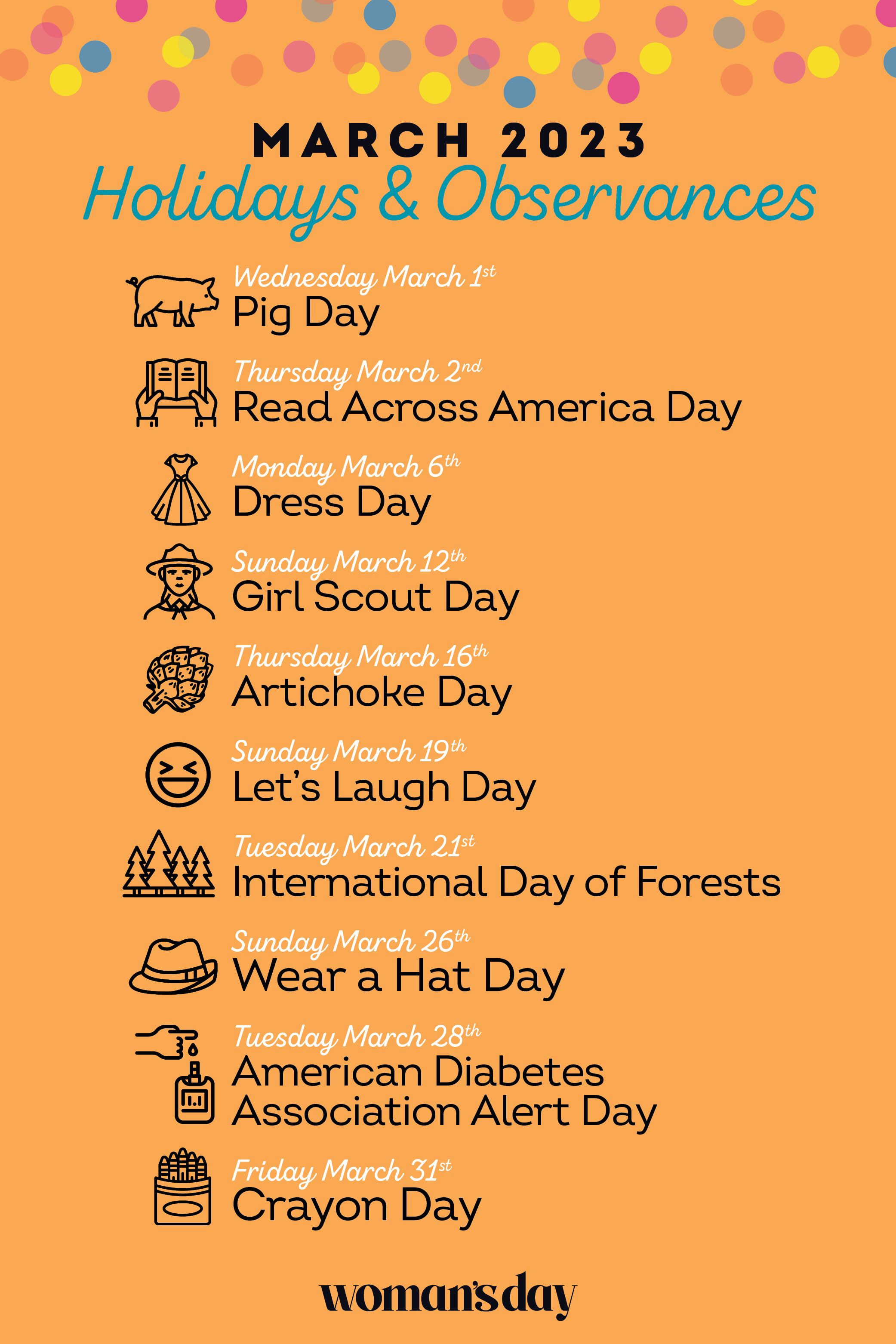Do Most People Get July 5th Off? A Look at Post-Independence Day Holidays
As the festive spirit of Independence Day fades into distant fireworks smoke, one might wonder about the fate of July 5th. Do most people get this day off from work? As we delve into this intriguing question, let’s analyze the historical and contemporary nuances surrounding this post-holiday phenomenon.
Firstly, it’s essential to acknowledge the significance of Independence Day in the United States. Celebrated annually on July 4th, it commemorates the adoption of the Declaration of Independence in 1776. This day is marked with patriotic parades, barbecues, and grand fireworks displays across the nation, culminating in an atmosphere of euphoric celebration. While July 4th itself is a recognized federal holiday, the discussion surrounding July 5th as a day off is laden with complexities.
The Reality of July 5th Off: What Are the Norms?
To ascertain whether July 5th is a day off for the average American worker, we must first consider the nature of employment in the United States. Some professions automatically provide a day off if a holiday falls on a weekend, while others might compensate with time off in lieu. In cases where July 4th coincides with a Sunday, the subsequent Monday, July 5th, often becomes a federal holiday, allowing many workers to enjoy an extended weekend. However, this is not the norm for all employees.
For numerous individuals employed in retail, hospitality, or essential services, the notion of taking the day off the following day can be a playful challenge. These sectors see substantial demands during holiday periods, with many employees required to work on both Independence Day and the day immediately following. Therefore, the question of taking July 5th off becomes not one of convenience but of necessity.
Moreover, the variations in company policy further obscure the answer. While some businesses grant their employees an extra day to recover from the festivities, others might not acknowledge July 5th at all. As it stands, the answer to the query remains decidedly ambiguous. The individual experiences of workers vastly differ based on their industry, employer policies, and overall workload.
Unpacking the Cultural Phenomenon: Extended Celebrations and Extravagant Recovery
Another dimension to examine is the cultural tendency to extend celebrations beyond July 4th. In numerous regions, particularly those with vibrant local traditions, July 5th can feel like a natural extension of Independence Day festivities. Communities may hold events, parades, or public gatherings to further celebrate their independence and national identity. This can create an unofficial holiday atmosphere, leading to a widespread expectation of relaxation or communal enjoyment. Interestingly, this facet of culture underlines the psychological need for a break following an energetic day.
Conversely, what about the rest of the population? Amid the revelry, there looms an undeniable reality: the day after a public holiday often embodies the return to normalcy. For many, July 5th serves as a catalyst to regain productivity and focus after days of indulgence. The juxtaposition of jubilation and the stark return to routine creates a peculiar yet relatable scenario for numerous employees across the country.
Analyzing the Practicalities: Road to Recovery or a Working Day?
A critical consideration is the impact that a long holiday weekend can have on productivity. In a world that constantly demands efficiency and performance, how do individuals recover from extensive partying? The physiological and psychological toll of excessive celebration can lead to fatigue, making July 5th a day designated for recovery for many, whether officially recognized or not.
In conclusion, the answer to whether most people get July 5th off is multifaceted, intertwined with an array of personal and professional circumstances. While pockets of society revel in the continuation of Independence Day festivities, others face the stark realities of return-to-work culture. As you ponder the enchanting allure of a post-Independence Day holiday, do consider the myriad layers that define this complex relationship between celebration and work. Will you remain a part of the joyful festivity, or will July 5th beckon you back to your responsibilities? The answer lies in your individual perspective.
You May Also Like
Best Fish to Catch in Australia: A Guide for Anglers
Australia boasts an extraordinary diversity of fish species, making it …
Emily Bay Norfolk Island: A Hidden Gem in the Pacific
Emily Bay, a picturesque enclave nestled on the sun-kissed shores of …
Holidays on August 23: Global Festivities & Observances
August 23 is a date that carries a bouquet of cultural significance …





